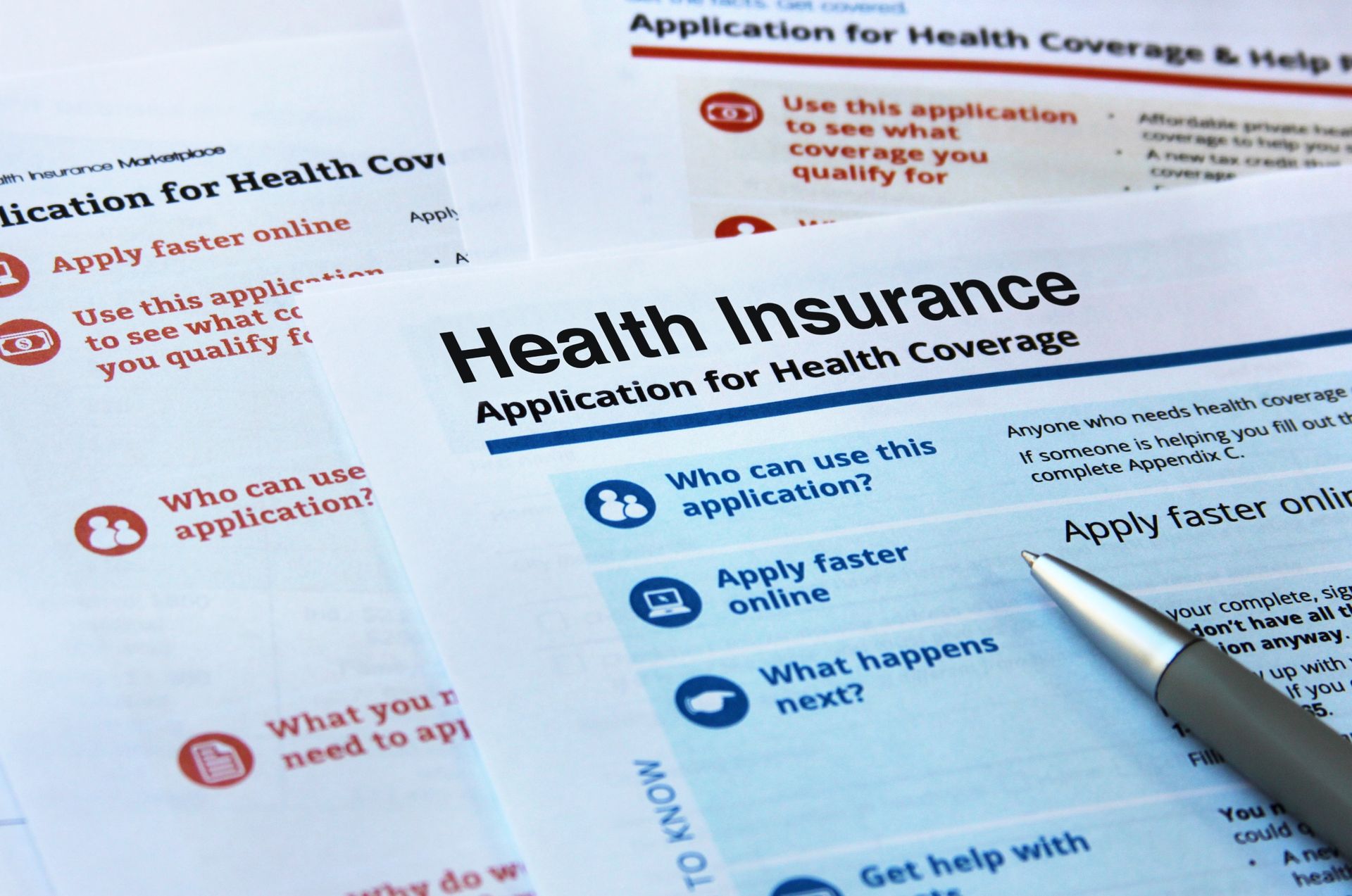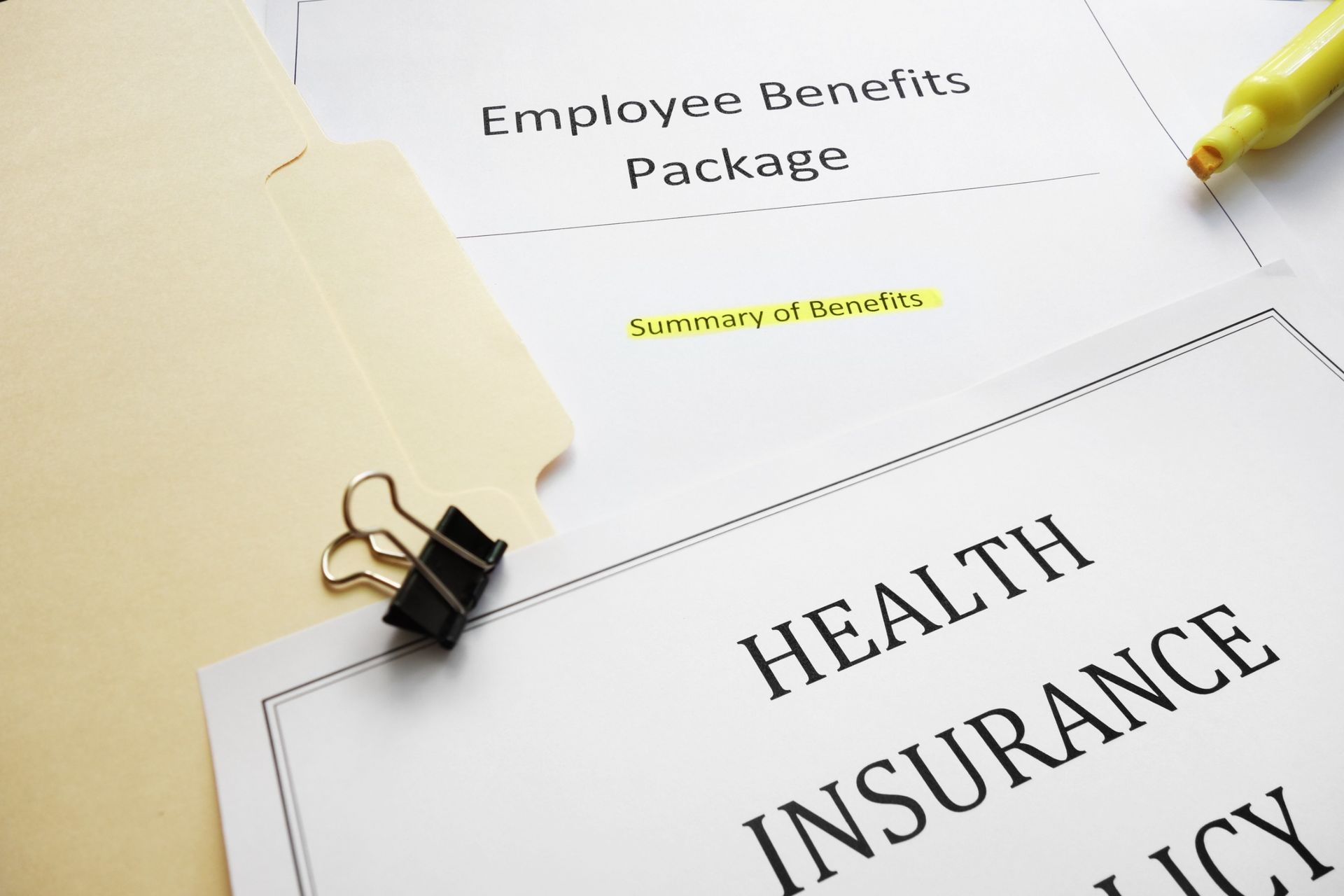When is The Right Time to Buy Life Insurance?
As we go through life, there are many important decisions that we must make. Some of these choices may have a significant impact on our future and the well-being of our loved ones.
One such decision is whether or not to purchase life insurance. With so many different options available, it can be overwhelming to determine when the right time to buy life insurance actually is.
This decision may seem daunting, but in reality, it is crucial for ensuring financial security for your loved ones in case something unexpected were to happen to you.
In this blog post, we will explore the factors that come into play when deciding if it's the right time to buy life insurance and how this simple step can provide peace of mind for both you and your family.
The Importance and Benefits of Life Insurance
Life insurance isn't just a financial product; it serves as a protective shield for your loved ones against the unpredictability of life. Its importance lies in its ability to provide financial safety to your family in your absence, ensuring they can maintain their standard of living and meet future expenses with ease.
The benefits of having a life insurance policy are manifold. It can cover the cost of debts such as a mortgage, safeguard your children's future by providing for their education, and can even serve as a source of inheritance.
Moreover, certain types of life insurance policies can also function as an investment tool, offering a lump sum amount upon maturity. In essence, the beauty of life insurance lies in its versatility and its power to provide financial peace of mind.
It's not just about leaving money behind; it's about leaving a security blanket for the people you care about the most.
Factors to Consider When Deciding on The Right Time to Buy Life Insurance
When considering the timing of purchasing life insurance, several key factors should be taken into account:
- Age: Generally, the younger you are when you buy a life insurance policy, the lower your premium will be. This is because younger people are typically healthier and therefore pose a lower risk to the insurer.
- Health Status: Your current health condition can significantly impact your premium rates. Individuals with a history of serious health issues may face higher premiums or even denial of coverage. Thus, it's advantageous to buy life insurance when you're in good health.
- Financial Dependents: If others rely on your income, such as a non-working spouse, children, or aging parents, it's essential to consider life insurance. Your policy can provide financial stability for those left behind.
- Income Level and Debts: Your income level and outstanding debts are critical factors. The aim should be to have enough coverage to replace your income and cover your debts, ensuring your loved ones won't be financially burdened.
- Life Stage: Major life events such as getting married, having children, buying a home, or starting a business are often triggers for purchasing life insurance.
- Future Financial Goals: If you have long-term financial goals like funding your children's education or securing a comfortable retirement for your spouse, life insurance can play a key role in achieving these objectives.
Remember, life insurance isn't just for the breadwinner of the family. Non-working spouses, business partners, and even children can benefit from life insurance. The right time to buy life insurance is largely dependent on individual circumstances, but earlier is generally better than later.
Advantages of Buying Life Insurance at a Young Age
Buying life insurance at a young age comes with numerous advantages.
- Lower Premiums: Since age and health are key factors that insurers consider, younger individuals are usually healthier, which translates into lower premium rates. This is because the risk to the insurer is less when the policyholder is young and less likely to suffer from serious health issues.
- Financial Planning: Starting a life insurance policy early can help in planning for future financial goals. Whether it's buying a house, funding your child's education, or planning for retirement, having a life insurance policy can provide the necessary financial cushion.
- Investment Component: Certain types of life insurance policies like Whole Life Insurance or Universal Life Insurance have an investment component. Starting these policies early gives the cash value component more time to grow.
- Coverage for Unforeseen Events: Life is unpredictable. Having life insurance at a young age ensures that financial support is available to your loved ones in the event of an untimely death.
- Fixed Premium: Most life insurance plans offer fixed premiums. This means if you buy a plan at a young age, you will continue to pay the same premium throughout the policy tenure, even as your health changes over time.
- Secure Insurability: Buying life insurance at a young age means securing your insurability for the future, even if your health changes or you develop a medical condition later.
In conclusion, the benefits of buying life insurance at a young age are numerous and substantial, making it a smart financial move for long-term security.
Understanding Insurability and Its Impact on Premiums
"Insurability" is a term used by insurance companies to describe a person's eligibility to be insured based on various factors. These factors often include age, health condition, lifestyle habits, and family medical history. Insurability plays a pivotal role in determining the cost of premiums for your life insurance.
Insurers calculate premiums based on the risk they undertake to cover a person. Therefore, if an individual's insurability factors indicate a high risk, the insurer will typically charge a high premium to offset this risk. For example, a person with a high-risk occupation or poor health condition is likely to pay higher premiums compared to a person with a low-risk profile.
Conversely, individuals who are considered low risk (those who are young, in good health, don't smoke, and have a clean family medical history) usually enjoy lower premiums. This is because they are seen as less likely to file a claim, thereby posing a lesser financial risk to the insurer.
Hence, understanding your insurability can help you anticipate the cost of your premiums and make more informed decisions when choosing
a life insurance policy. It also emphasizes the importance of purchasing life insurance at a young age, as this is when your insurability is likely to be at its best, leading to lower premium costs.
Evaluating Your Current Financial Situation Before Buying Life Insurance
Before purchasing a life insurance policy, it's important to evaluate your current financial situation. This not only aids in determining the amount of coverage you need but also ensures that the policy is affordable for you in the long term. Here are some tips for assessing your financial health:
- Understand Your Current Income and Expenses: Calculate your annual income and monthly expenses. This includes both fixed expenses like mortgage or rent, car payments, and utilities, as well as variable expenses like groceries, dining out, and entertainment.
- Identify Your Debts: Make a list of all your outstanding debts such as student loans, credit card balances, car loans, or mortgages. The goal of life insurance is to ensure your loved ones aren't burdened with these debts if you were to pass away.
- Calculate Your Future Financial Obligations: Consider the future financial needs of your dependents. If you have children, factor in education costs. If you have a spouse who depends on your income, calculate how many years of income replacement they might need.
- Consider Your Current Savings and Investments: Evaluate your existing savings and investment portfolio. This includes retirement savings, real estate investments, and any other assets. These can offset some of the life insurance necessities.
- Review Your Existing Coverage: If you have life insurance coverage through your employer, understand the terms. It may not be enough to cover your needs, and it's usually not portable if you change jobs.
- Consider Your Retirement Plan: If you're close to retirement and have sufficient savings, you may require less life insurance. However, if you're younger and still accumulating retirement savings, a robust life insurance plan may be necessary.
- Work with a Financial Advisor: For a comprehensive review of your financial situation, consider consulting a financial advisor. They can offer professional advice tailored to your unique circumstances and financial goals.
By understanding your current financial situation, you can make informed decisions about the type and amount of life insurance that's right for you.
In Conclusion
There is no one-size-fits-all answer when determining the best time to buy life insurance. However, purchasing a policy when you are young and healthy, have significant financial responsibilities, dependents, or major life changes on the horizon, is generally a prudent move.
Not only do these circumstances make the need for life insurance more pressing, but they also allow for lower premiums and the chance to accumulate cash value over time.
Understanding your personal financial situation, evaluating your current and future financial obligations, and considering your health and lifestyle are all important steps in deciding the right time to buy life insurance.
Ultimately, the sooner you opt for life insurance, the sooner you can provide a financial safety net for your loved ones. It's an act of love that ensures their financial stability, no matter what life brings.
About Us
Feeling overwhelmed with the choices you have when it comes to insurance plans struggling to pick the best one for you. Don’t worry, you are not alone! A lot of people all over the nation face the same issue.
That’s why Insurance Professionals USA is here to help you choose the best healthcare plan for you and your family. Our mission is to provide reliable and beneficial Florida healthcare insurance plans to our clients so they can have financial security and peace of mind during a health crisis.
We help you choose plans with comprehensive coverage within your budget!
Request a Quote Today! You can reach us at Call (888) 710-6833 to learn more about the
Texas life and health insurance exam.













